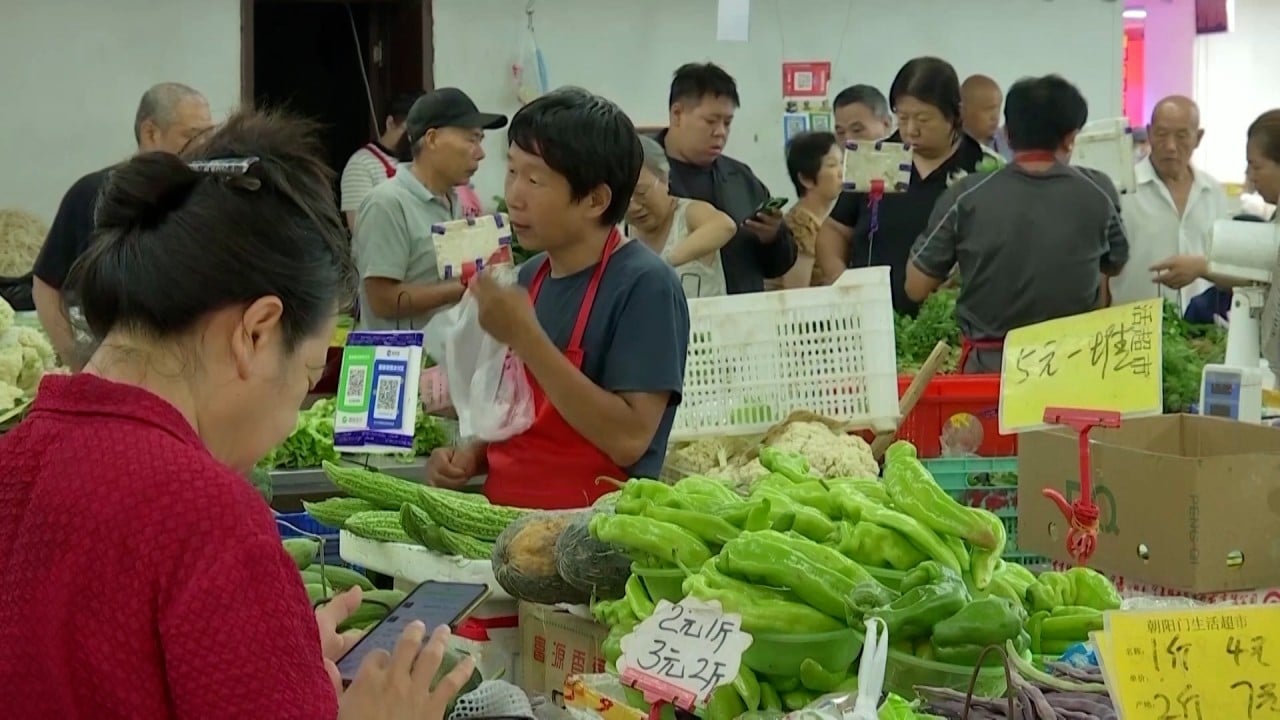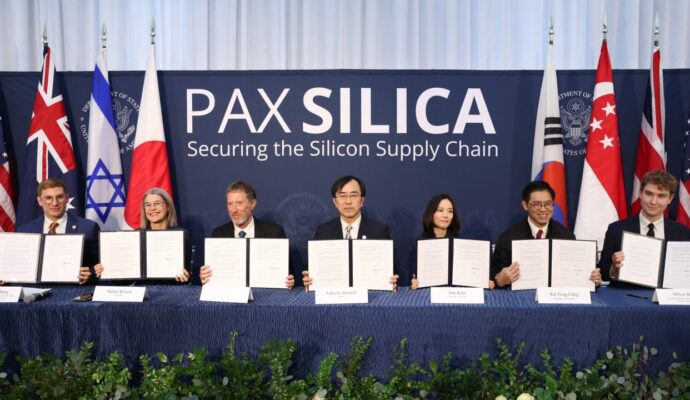China’s central government has the fiscal capability to leverage effective investment and drive up consumption this year, a government adviser said ahead of the country’s top legislative meetings next week – and it should raise its budget deficit to do so.
“The central government has a relatively low debt ratio with sufficient fiscal space,” said Wang Yiming, vice-chairman of the China Centre for International Economic Exchanges (CCIEE), at a conference on Wednesday.
“It can arrange an appropriately sized fiscal deficit, local special bonds and certain long-term treasury bonds,” said Wang, a policy adviser to China’s central bank.
The appeal came as China grapples with a confluence of limiting factors to economic growth, most notably high levels of local government debt and a sagging property market.
Many economists have expressed expectations for a higher fiscal deficit ratio, after the October sale of 1 trillion yuan (US$138.9 billion) in special treasury bonds lifted the 2023 ratio to 3.8 per cent from 3.0 per cent.
They need to readjust their investment model to more cost-effective and strategic areas
China’s fixed asset investment rose only 3 per cent last year, dragged down by property investment, which dropped 9.6 per cent year on year.
The leverage rate of the central government, as measured in the proportion of debt to gross domestic product (GDP), remained at 23.6 per cent for 2023 – much lower than many countries, including the United States – according to data from the National Institution for Finance and Development.
‘Clear need’ for China’s Belt and Road Initiative funding to go green in 2024
‘Clear need’ for China’s Belt and Road Initiative funding to go green in 2024
Beijing has been pushing for more consumption and effective investment.
Last week, the Central Financial and Economic Affairs Commission, headed by President Xi Jinping, encouraged equipment renovations and a trade-in scheme for consumer goods.
“In the past, local governments showed more interest in hasty infrastructure investments, but under the current debt pressures, they need to readjust their investment model to more cost-effective and strategic areas,” Wang said.
State-owned enterprises, he added, should increase investments in sectors crucial to the security of the national supply chain.
Investment contributed to 28.9 per cent of China’s GDP growth last year, compared to 82.5 per cent from consumption.
Zhang Yuxian, director of the State Information Centre’s economic forecasting department, said China should seize the opportunity presented by industrial transformations to increase investment in more hi-tech sectors.
“This is also in line with Beijing’s recent efforts to push the trade-in of home appliances and automotive products,” he said at the CCIEE event.
Ding Shuang, chief Greater China economist at Standard Chartered Bank, estimated that China will set its official budget deficit target to 3.5 per cent of its GDP at the coming legislative meetings.
“A large-scale equipment upgrading and consumer goods trade-in programme is likely to be announced,” Ding said in a note released on Wednesday.



